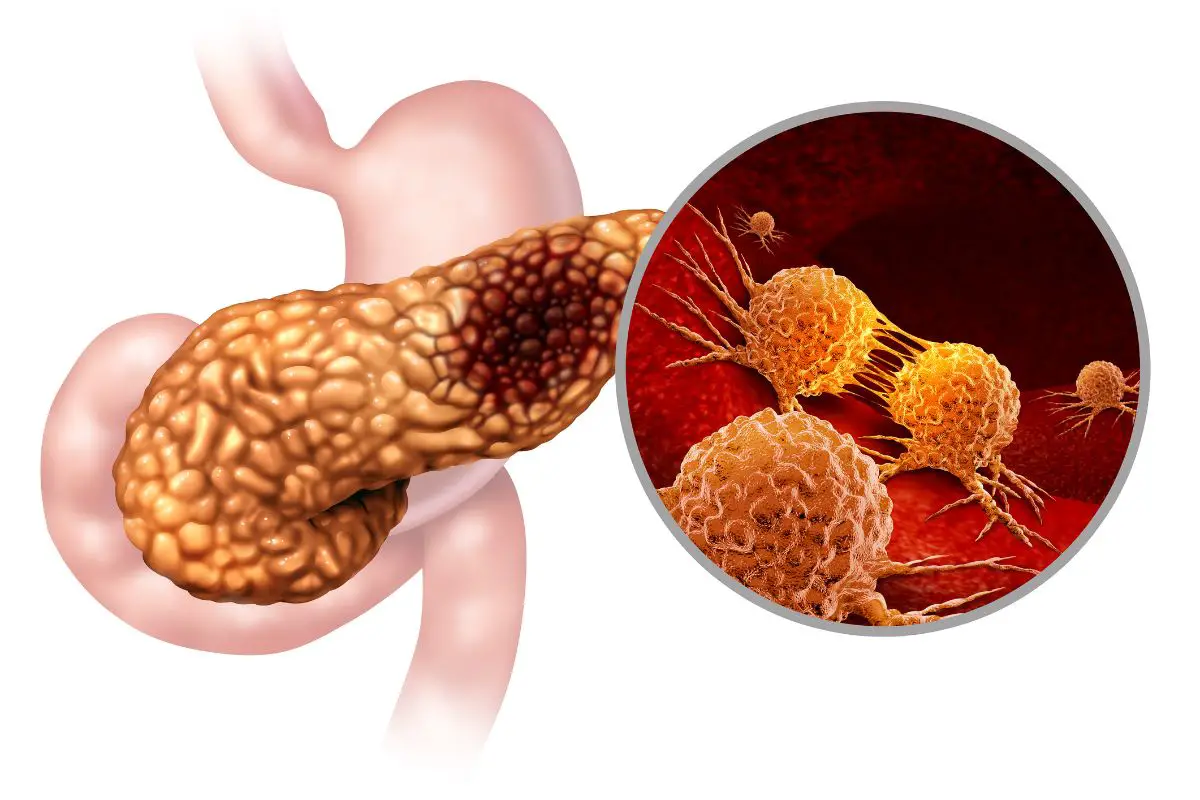Coffee is famous for its ability to perk your mornings and fine-tune your focus and alertness levels. The caffeine in coffee is responsible for boosting your energy levels and helping you stay focused and alert. Apart from the energizing effects, coffee is linked to other potential health benefits.
Usually, coffee consists of compounds such as antioxidants that are helpful to your body. Generally, studies conducted concerning coffee show that drinking the recommended amount of coffee can help reduce the risk of some diseases, such as type 2 diabetes, Parkinson’s disease, heart disease, liver disease, and Alzheimer’s disease, among others.

That said, does coffee cause pancreatic cancer? The simple answer is no. In fact, consuming coffee may help reduce pancreatic cancer. This article discusses everything you need to know about coffee consumption and pancreatic cancer risks. Additionally, this article discusses other benefits of consuming coffee.
Does Coffee Cause Pancreatic Cancer?
Pancreatic cancer is among the most frequent causes of death in the world. Although the treatment and diagnosis of the disease have been improved, the survival rate for the disease is still low. Therefore, it’s crucial to determine the cause of the disease for primary prevention.
According to studies, coffee consumption isn’t linked to pancreatic cancer risk. Actually, individuals who are considered heavy coffee drinkers have a lower risk of pancreatic cancer compared to coffee non-drinkers. Therefore, coffee drinkers do not need to worry about the risk of pancreatic cancer. You can continue enjoying your cup of joe.
Here are other health benefits of coffee consumption.
Health Benefits of Coffee Consumption
Coffee contains several useful compounds, such as antioxidants, riboflavin, magnesium, niacin, and potassium. These compounds are beneficial to the human body in several ways. They include:
1. Lowering the Risk of Type 2 Diabetes
Coffee consumption can help lower the risk of type 2 diabetes. According to research, coffee drinkers who increased their coffee intake by one cup per day over four years lowered the risk of type 2 diabetes by 11%. This could be a result of antioxidants in coffee that help lower inflammation in the body. Usually, inflammation is among the causes of type 2 diabetes.
2. Supporting Brain Health
For brain health, coffee consumption helps protect against neurodegenerative disorders such as Parkinson’s, dementia, and Alzheimer’s. According to studies, regular coffee drinkers have a low risk of developing Parkinson’s disease and Alzheimer‘s. Additionally, moderate coffee drinkers lower the risk of dementia.
3. Protecting Against Liver Conditions
Studies show that coffee consumption lowers the risk of death from liver cirrhosis. Drinking one cup of coffee lowers the risk by 15% while drinking four cups of coffee lowers the risk by 71%. Additionally, another study shows that consuming more than 2 cups of coffee daily reduces the rates of liver cancer and scarring in those with liver disease.
4. Supporting Heart Health
According to research, 3 to 5 cups of coffee can reduce the risk of heart disease by 15%. Additionally, three to four cups of coffee per day can reduce the risk of stroke by 21%. What’s more, increased coffee intake can significantly reduce the risk of heart failure. However, it’s good to drink coffee in moderation for people with unmanageable blood pressure since caffeine in coffee can trigger blood pressure levels.
Conclusion
Drinking coffee in moderation (3 to 4 cups per day) is linked to several health benefits. However, breastfeeding and pregnant women should avoid the consumption of coffee. Equally important, children and adolescents should limit their coffee consumption. Generally, the recommended amount of coffee that you should take is three to four cups daily, equivalent to 400mg of caffeine.
Also check: